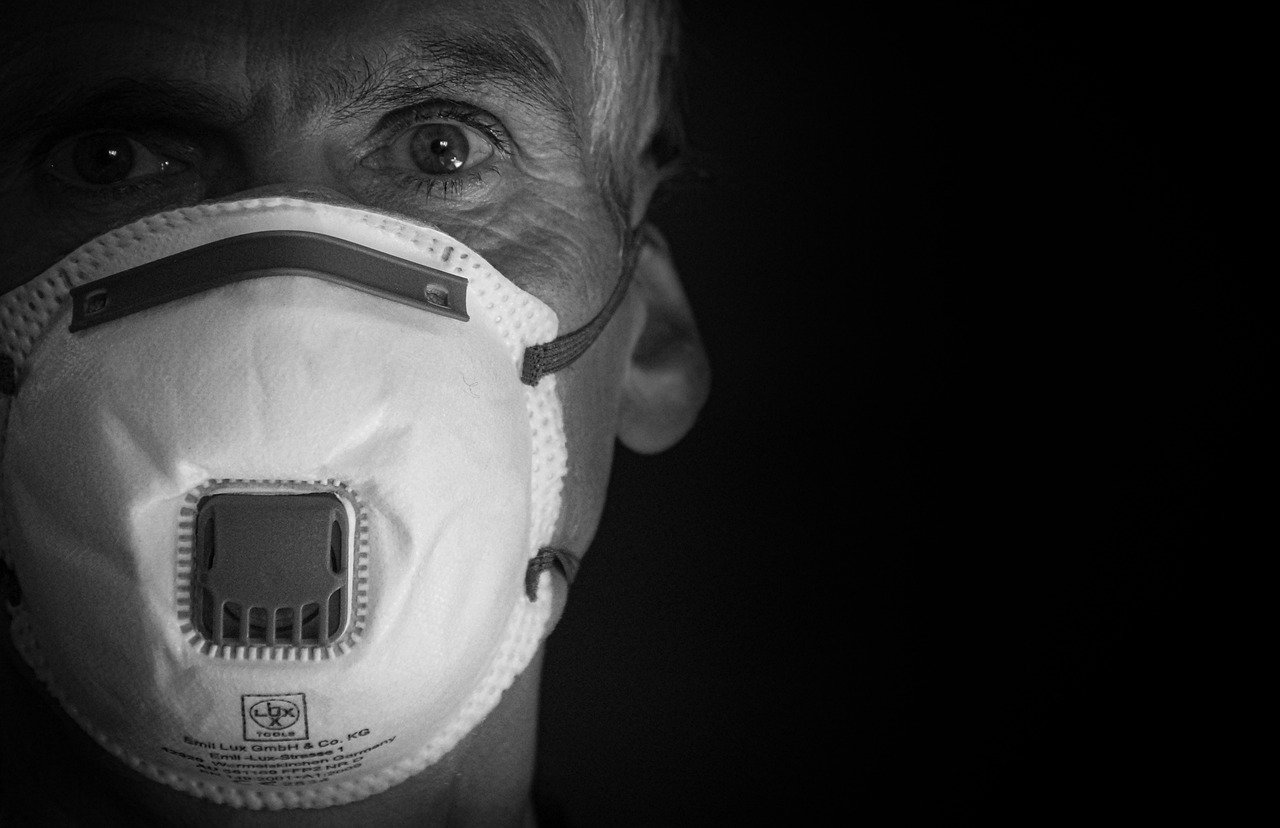
The World Health Organization (WHO) said that adjustments on strategies are being made based on the data officials currently have. WHO director general Tedros Adhanom Ghebreyesus said that resurgence of the COVID-19 disease will likely continue.
“Our global connectedness means the risk of re-introduction and resurgence of the disease will continue,” said Ghebreyesus.
“Ultimately, the development and delivery of a safe and effective vaccine will be needed to fully interrupt transmission,” he added.
WHO developed six criteria for countries looking to ease coronavirus lockdown measures. The international organization emphasized that the way down from the peak of the outbreak is “much slower” than the way up.
Slowing down the spread of the coronavirus pandemic led to social and economic restrictions. These include closures of schools and factories, social distancing measures, and bans on public activities.
As of Tuesday, data from Johns Hopkins University shows that two million people had tested positive for COVID-19 worldwide, with 119,818 deaths.
Some European countries came up with plans on resuming economic activities as soon as this April after several weeks of observing strict social and economic measures.
Meanwhile, the US, considered as the global epicenter of the coronavirus outbreak, hinted that they will start loosening lockdown measures on May 1.
“These decisions must be based first and foremost on protecting human health, and guided by what we know about the virus and how it behaves,” said Ghebreyesus at a media briefing on Monday.
“We’re all learning all the time and adjusting our strategy, based on the latest available evidence. We can only say what we know, and we can only act on what we know," he noted.
Checklist for easing lockdown
Ghebreyesus said governments must evaluate their respective situations, while ensuring the safety and protection of the most vulnerable.
He created a checklist that the United Nations health agency designed for countries considering whether to lift some lockdown measures.
- First, transmission of the coronavirus must be controlled.
- Second, that health system capacities are in place to detect, test, isolate and treat every case and every contact.
- Third, that outbreak risks are minimized in special settings like health facilities and nursing homes.
- Fourth, that preventive measures are in place in workplaces, schools and other essential places.
- Fifth, that importation risks can be managed.
- And sixth, that communities are fully educated, engaged and empowered to adjust to the “new norm.”
The WHO said that data from several countries gives them a “clearer picture about this virus, how it behaves, how to stop it and how to treat it.”
Danish Prime Minister Mette Frederiksen announced the reopening of care centers and schools from April 15, allowing parents to go back to work.
Austria, Norway and the Czech Republic also plan to ease national lockdowns later this month.
“If we stand still along the way we could fall and if we go too fast it can go wrong. Therefore, we must take one cautious step at a time,” said Frederiksen.
Meanwhile, Germany’s Health Minister Jens Spahn told CNBC’s “Closing Bell” on Monday that the country would take a gradual recovery from the pandemic.
“We are thinking about step by step, that is important ... going back to a new normal,” Spahn said.






